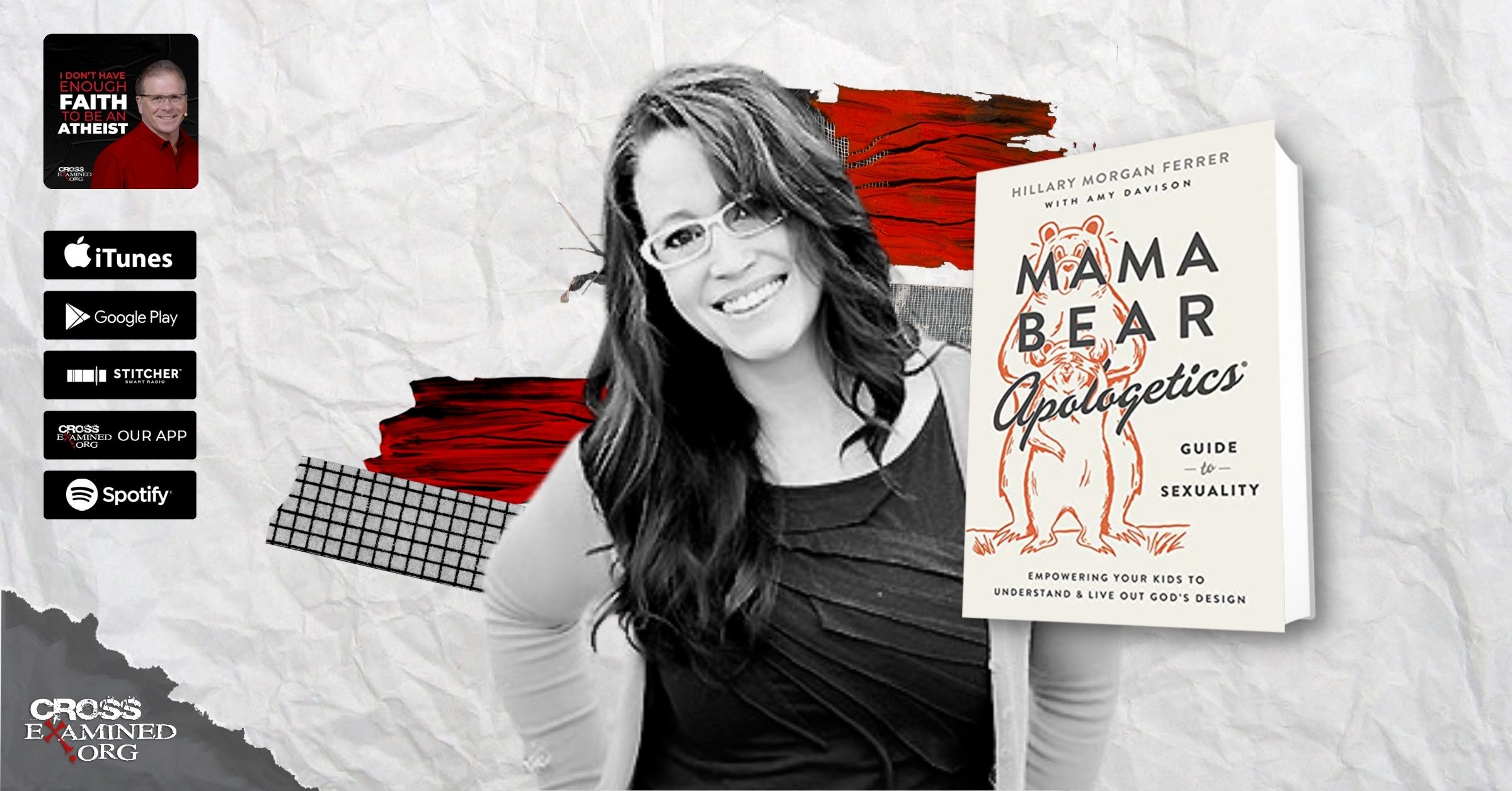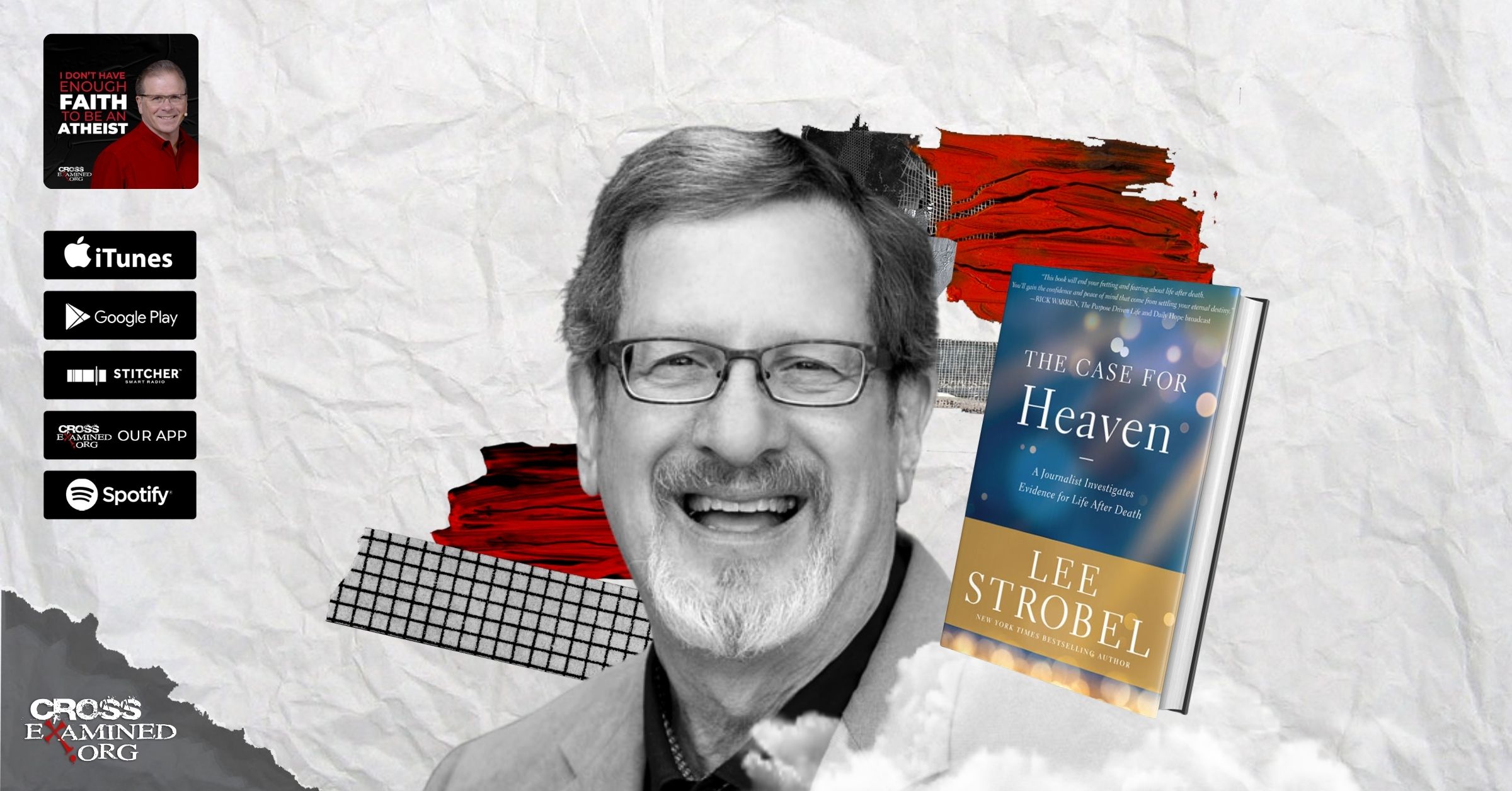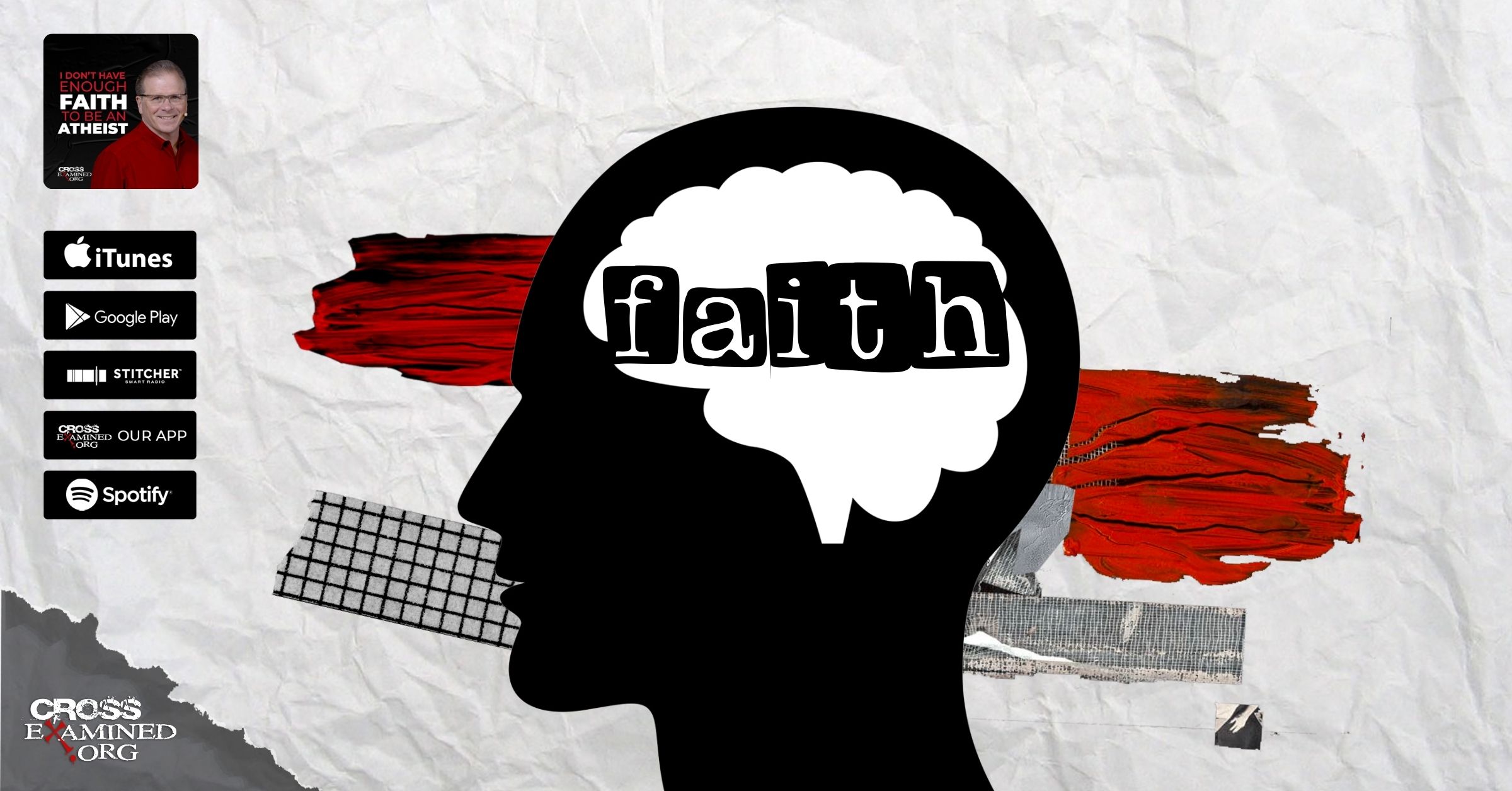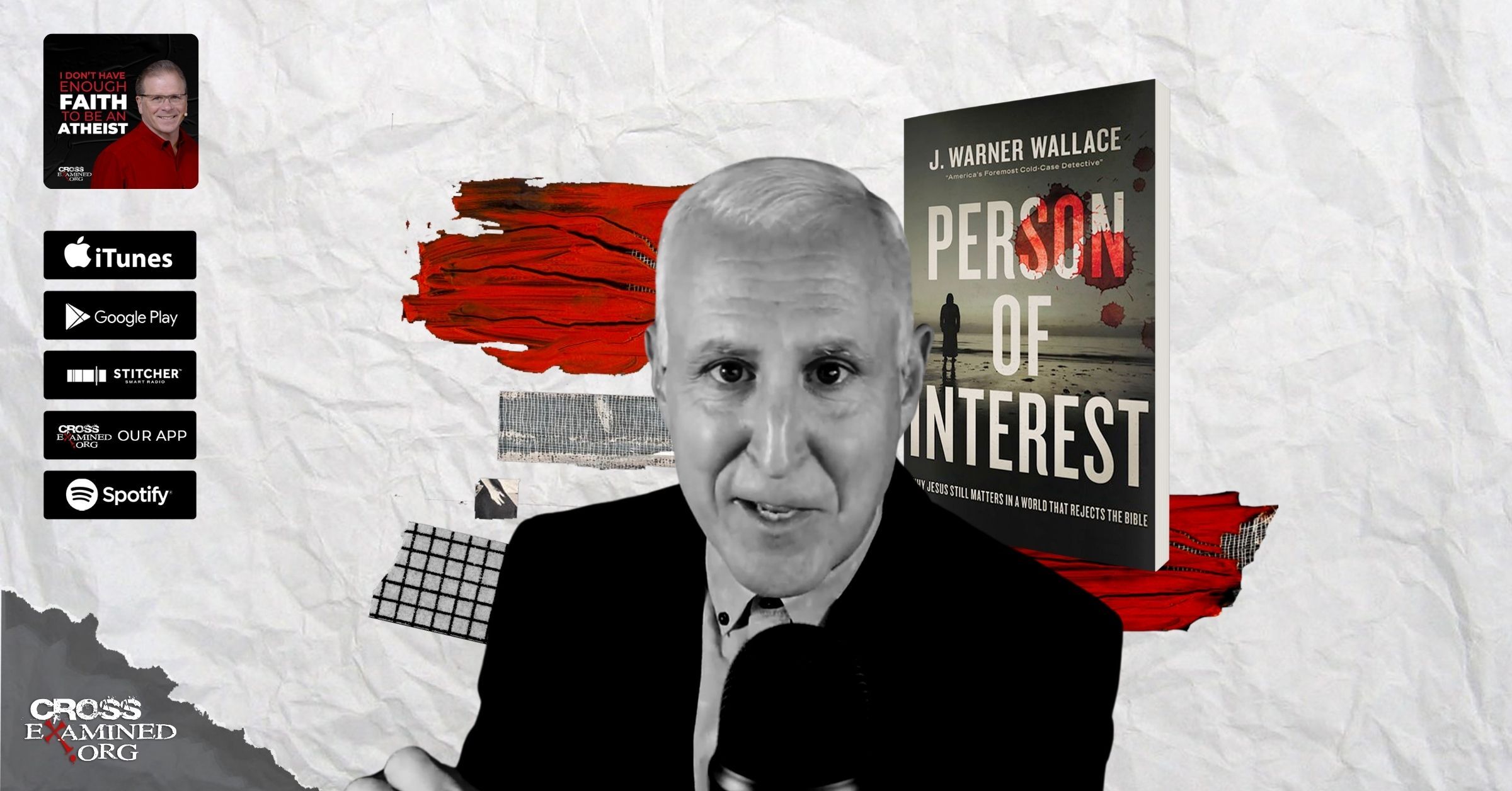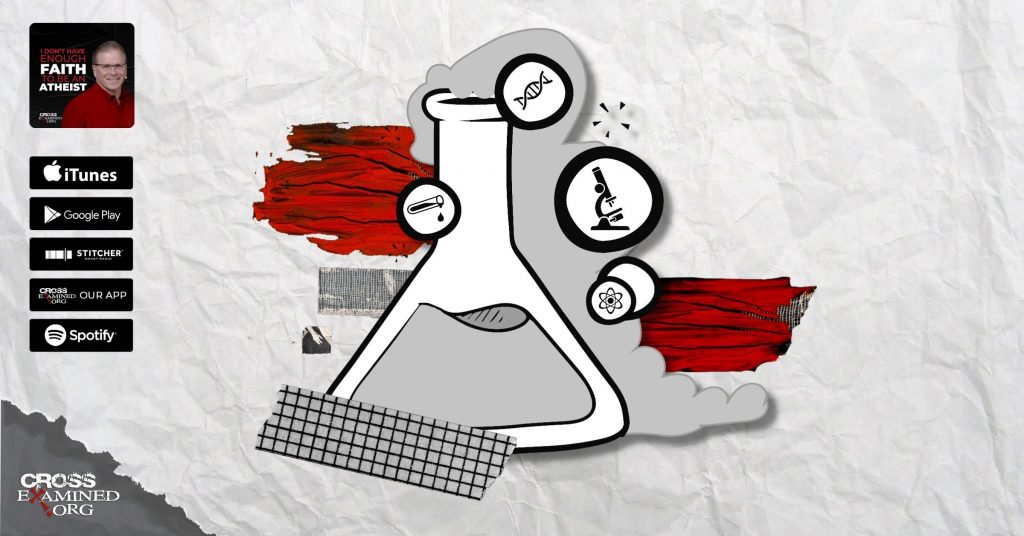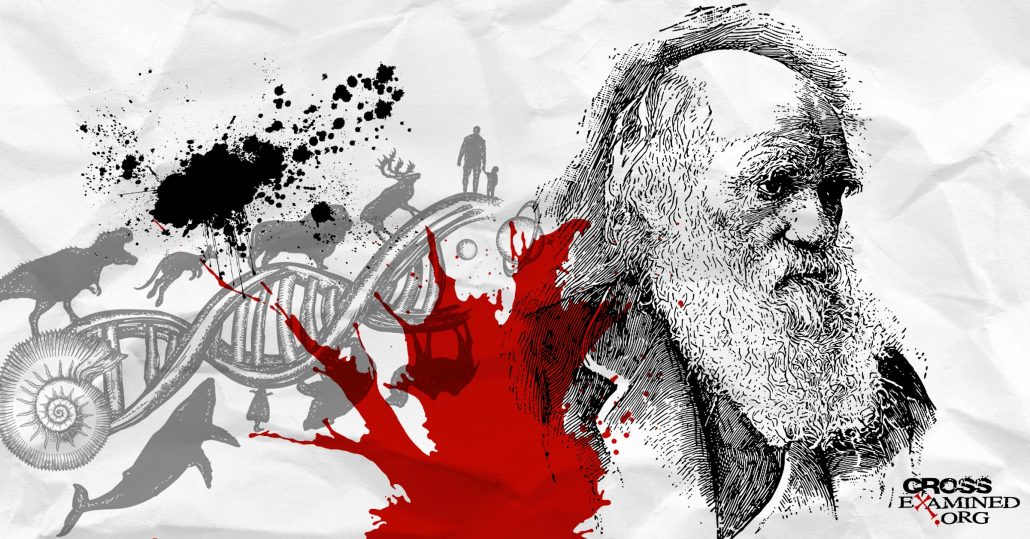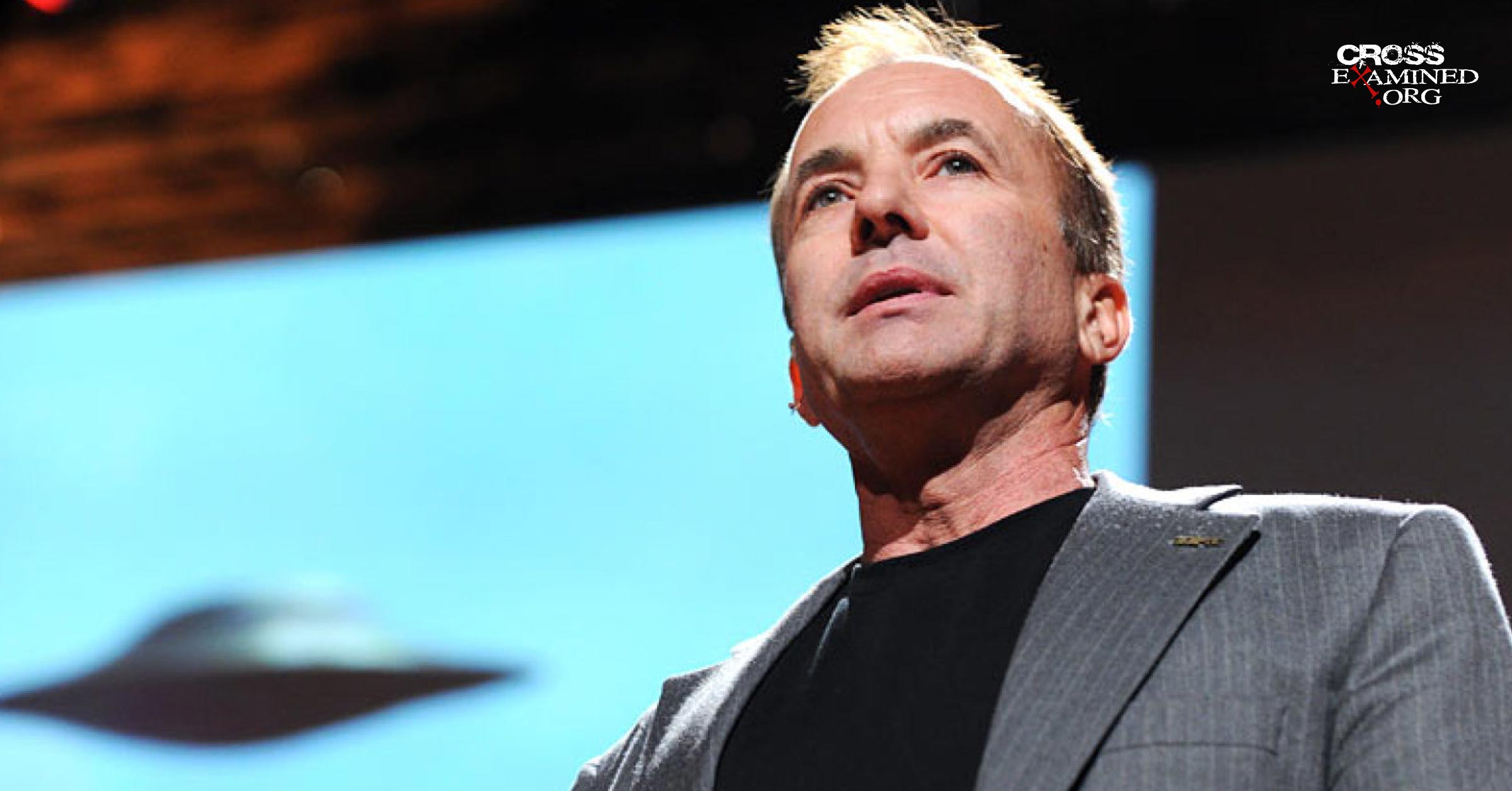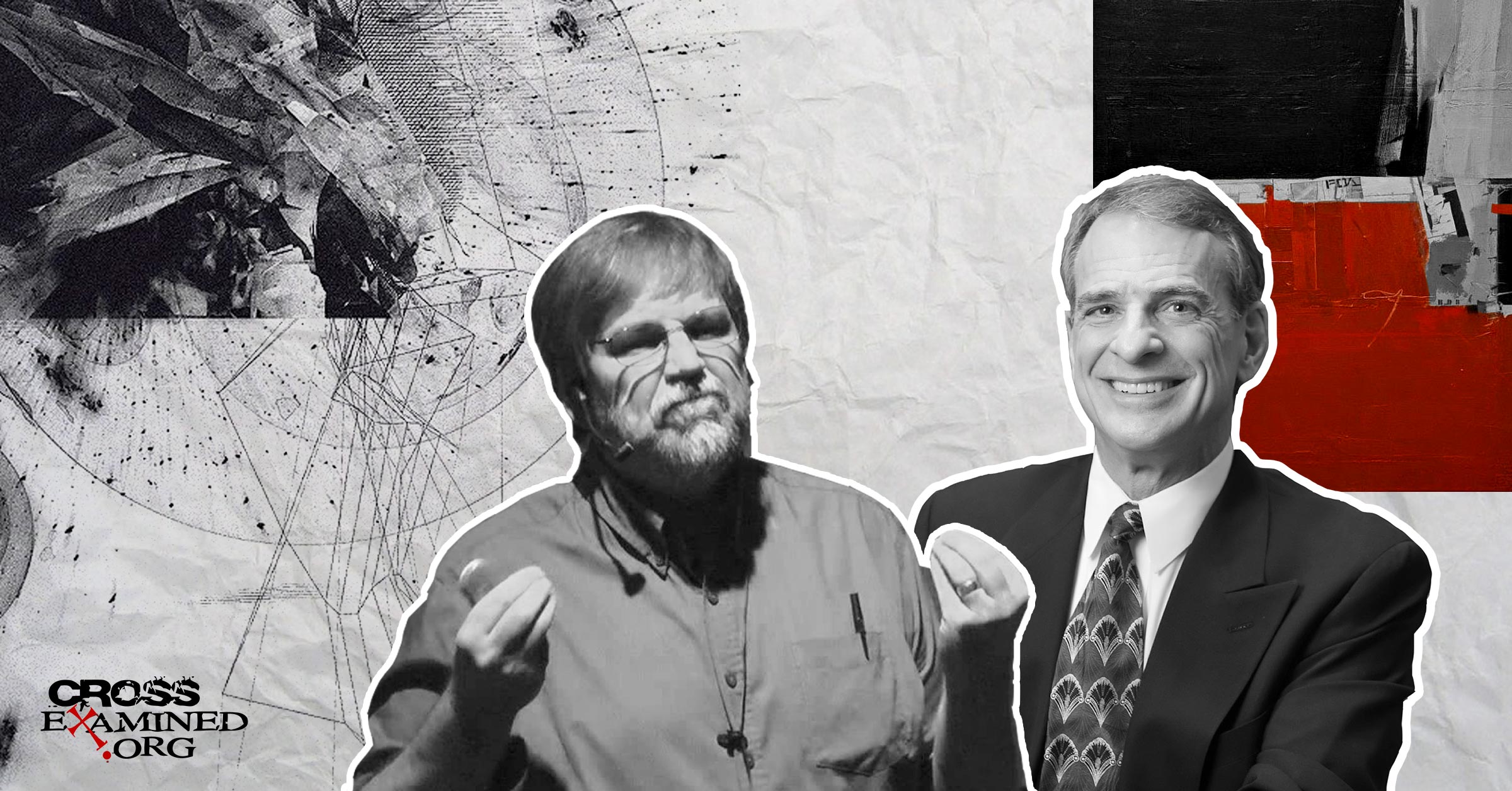By Wintery Knight
I was very excited to see a recent debate by Christian philosopher William Lane Craig against atheist astronomer Jeff Hester. When I summarize a debate, I do a fair, objective summary if the atheist is intelligent and informed, as with Peter Millican, Walter Sinnott-Armstrong, or Austin Dacey. But the following summary is rated VS for Very Snarky, and you’ll soon see why.
The debate itself starts at 29 minutes:
The audio is very poor.
Dr. Craig’s opening speech
Dr. Craig went first, and he presented four arguments, as well as the ontological argument, which I won’t summarize or discuss. He later added another argument for theism from the existence of the universe that does not require an origin of the universe.
A1. Counter-examples
Theists who are elite scientists cannot be “irrational,” for example Allan Sandage, Gustav Tammann, George Ellis, Don Page, Christopher Isham
A2. Kalam cosmological argument
- Whatever begins to exist requires a cause.
- The universe began to exist.
- Therefore, the universe requires a cause.
A3. Fine-tuning of the universe to permit complex, intelligent life
- The fine-tuning of the universe is due either to physical necessity, chance, or design.
- It is not due to physical necessity or chance.
- Therefore it is due to design.
A4. Moral argument
- If God does not exist, objective moral values and duties do not exist.
- Objective moral values and duties do exist.
- Therefore, God exists.
Dr. Hester’s opening speech
Dr. Hester went second and presented two arguments, which both committed the genetic fallacy, a logical fallacy that makes the arguments have no force.
Hester starts his opening speech by asserting that Albert Einstein was irrational because he denied quantum mechanics.
Hester explains that he became an atheist at 15. This would have been before the evidence for the origin of the universe became widespread before we had very many examples of fine-tuning before the discovery that the origin of life problem is a problem of the origin of complex, specified information, etc. What kind of reasons can a 15-year-old child have for becoming an atheist? It’s hard to say, but I would suspect that they were psychological. Children often desire autonomy from moral authorities. They want to be free to pursue pleasure. They don’t want to be thought of as superstitious and morally straight by their non-religious peers.
Later on in the debate, Hester volunteers that he hated his father because his father professed to be a Christian, but he was focused on his career and making money. In the absence of any arguments for atheism, it’s reasonable to speculate that Hester became an atheist for psychological reasons. And as we’ll see, just like the typical 15-year-old child, he has no rational basis for atheism. What’s astonishing is how he continues to hold to the atheism of his teens when it has been falsified over and over by scientific discoveries in the years since.
Dr. Craig’s deductive arguments do have premises that reach a conclusion through the laws of logic. On the contrary, he just asserts that God exists as his conclusion, and then says that this assertion is the best explanation of a gap in our scientific knowledge. Some of the gaps in our scientific knowledge he uses in his arguments are: 1) he doesn’t understand why the Sun moves through the sky, so God exists, 2) he doesn’t understand why the wind blows, so God exists.
What counts as “rational” are things that have not been disproved. The progress of science has shown that the universe did not need a cause in order to begin to exist, and also there is no cosmic fine-tuning.
A1. The success of evolution in the software industry proves that there is no God.
All hardware and software are developed using genetic algorithms that exactly match Darwinian processes. All the major computer companies like Google, Microsoft, Amazon, Apple, etc. are just generating products using mutation and selection to evolve products over long periods of time. If you look over a typical software engineering degree, it’s all about Darwinian evolution, and nothing about design patterns, object-oriented design, etc.
This widespread use of evolution in the software industry undermines all of the arguments for God’s existence. Evolution caused the origin of the universe. Evolution explains why the universe is fine-tuned for life. Evolution, which requires replication already be in place in order to work, explains the origin of the first self-replicating organism.
A2. Theist’s view of the world is just a result of peer pressure from their tribes.
All of Dr. Craig’s logical arguments supported by scientific evidence don’t matter, because he got them from a primitive tribe of Christians that existed 2000 years ago. Everyone gets their view of origins, morality, meaning in life, death, etc. from their tribes. Except for me, I’m getting my beliefs from reason and evidence because I’m a smart atheist. I don’t have an atheist tribe in the university that would sanction me if I disagreed with nonsense like homosexuality is 100% genetic, transgenderism, man-made catastrophic global warming, fully naturalistic evolution, aliens seeded the Earth with life, infanticide is moral, socialism works, overpopulation will cause mass starvation, nuclear winter, etc. Also, my argument isn’t the genetic fallacy at all, because smart atheists don’t commit elementary logical fallacies that even a first-year philosophy student would know.
A3. Our brains evolved, so our rational faculties are unreliable, so God does not exist.
The logical reasoning that Dr. Craig uses to argue for theism are all nonsense, because human minds just have an illusion of consciousness, an illusion of rationality, and an illusion of free will. Everything Dr. Craig says is just deluded nonsense caused by chemicals in his brain. He has cognitive biases the undermine all his logical arguments and scientific evidence. He just invented an imaginary friend with superpowers. Except me, I’m a smart atheist, so I actually have real consciousness, real reasoning powers, and no cognitive biases. Also, my argument isn’t the genetic fallacy at all, because my arguments would not get an F in a first-year philosophy course.
Discussion
I’m not going to summarize everything in the discussion, or the question and answer time. I’m just going to list out some of the more interesting points.
Dr. Craig asks him how it is that he has managed to escape these biases from tribalism, projection, etc. He talks about how brave and noble atheist rebels are. The moderator asks him the same question. He repeats how brave and noble atheist rebels are.
Dr. Hester is asked whether he affirms a causeless beginning of the universe or an eternal universe. He replies he states that the universe came into being without a cause because causality doesn’t apply to the beginning of the universe. He also asserts with the explanation that Borde, Guth, and Vilenkin have undermined the kalam cosmological argument, mentioning a web site.
Dr. Craig replied to this phantom argument after the debate on Facebook:
Speaking of which, although I haven’t had time to consult the website mentioned by Dr. Hester concerning Guth and Vilenkin on the kalam cosmological argument, I know the work of these two gentlemen well enough to predict what one will find there. Since neither one is yet a theist (so much, by the way, for the dreaded confirmation bias!), they have to reject at least one of the premises of the kalam cosmological argument.
Guth wants to deny premiss (2) The universe began to exist–for which Vilenkin has rebuked him. Guth would avoid the implications of their theorem by holding our hope for the Carroll-Chen model, which denies the single condition of the BGV theorem. This gambit is, however, unsuccessful, since the Carroll-Chen model does so only by positing a reversal of the arrow of time at some point in the finite past. This is not only highly non-physical but fails to avert the universe’s beginning since that time-reversed, mirror universe is no sense in our past. The model really postulates two different universes with a common beginning.
So Vilenkin is forced to deny premiss (1) Whatever begins to exists has a cause. He says that if the positive energy associated with matter exactly counterbalances the negative energy associated with gravity, then the net sum of the energy is zero, and so the conservation of energy is not violated if the universe pops into being from nothing! But this is like saying that if your assets exactly balance your debts, then your net worth is zero, and so there does not need to be a cause of your financial situation! As Christopher Isham points out, there still needs to be “ontic seeding” in order to create positive and negative energy in the first place, even if on balance, their sum is zero.
Dr. Hester is asked how he explains the evidence for fine-tuning. He literally says that “Life is fine-tuned for the Universe,” i.e., that evolution will create living beings regardless of the laws of physics, constants, etc. For example, he thinks that in a universe with a weaker strong force, which would have only hydrogen atoms, evolution would still evolve life. And in a universe that recollapses in a hot fireball, and never forms stars or planets, evolution would produce life. Physicist Luke Barnes, who was commenting on the YouTube chat for the video, said this:
“Life is fine-tuned for the Universe” – complete ignorance of the field. Read a book.
Hester tries to cite Jeremy England to try to argue for life appearing regardless of what the laws of physics are. Barnes comments:
Jeremy England’s work supports no such claim.
Hester appealed to the multiverse, which faces numerous theoretical and observational difficulties. For example, the multiverse models have to have some mechanism to spawn different universes, but these mechanisms themselves require fine-tuning, as Robin Collins argues. And the multiverse is falsified observationally by the Boltzmann brain problem. It was so ironic that Hester claimed to be so committed to testing theories. The multiverse theory cannot be tested experimentally and must be accepted on faith.
Dr. Hester is asked how he grounds morality on atheism. He says there are no objective moral values and duties. He instead lists off a bunch of Christian beliefs which he thinks are objectively wrong. Even his statements about these moral issues are misinformed. For example, he asserts that homosexuality is causally determined by biology, but this is contradicted by identical twin studies that have a rate of 20-40% where both twins are gay.
Dr. Hester is asked about free will, which is required in order to make moral choices. He denies the existence of a free will, which undermines his earlier statements about morality. Morality is only possible if humans can make free choices to act in accordance with a moral standard. So, he claims that Christians are immoral, then he claims that they have no freedom to act other than they do.
Dr. Hester also volunteered that his father believed in the prosperity gospel, and tithed in order to be rewarded with money by God. Dr. Craig immediately says, “no wonder you’re in rebellion against Christianity.” Indeed.
Dr. Hester is asked about his view that human beings are unable to unable to perceive the world objectively. How is he able to perceive the world objectively, when all of the rest of us are unable to? His response is that he is just smarter than everyone else because his ideas have never been falsified by testing.
Scoring the debate
Dr. Craig’s five arguments went unrefuted. Hester’s argument about genetic algorithms was ludicrous to anyone who understands software engineering. His arguments about tribalism and unreliable mental faculties were self-refuting and committed the genetic fallacy. At several points, Hester denied mainstream science in favor of untested and untestable speculations. It was the worst defeat of atheism I have ever witnessed. He was uninformed and arrogant. He didn’t know what he was talking about, and he tried to resort to speculative, mystical bullshit to cover up his failure to meet Dr. Craig’s challenge.
Recommended resources related to the topic:
I Don’t Have Enough Faith to Be an Atheist (Paperback), and (Sermon) by Norman Geisler and Frank Turek
Why Science Needs God by Dr. Frank Turek (DVD and Mp4)
Science Doesn’t Say Anything, Scientists Do by Dr. Frank Turek (DVD, Mp3, and Mp4)
Oh, Why Didn’t I Say That? Does Science Disprove God? by Dr. Frank Turek (DVD and Mp4)
Stealing From God by Dr. Frank Turek (Book)
God’s Crime Scene: Cold-Case…Evidence for a Divinely Created Universe (Paperback), (Mp4 Download), and (DVD Set) by J. Warner Wallace
God’s Crime Scene: The Case for God’s Existence from the Appearance of Design (mp4 Download Set) by J. Warner Wallace
God’s Crime Scene: The Case for God’s Existence from the Appearance of Design in Biology DVD Set by J. Warner Wallace
Original Blog Source: https://bit.ly/2ySL4PM

